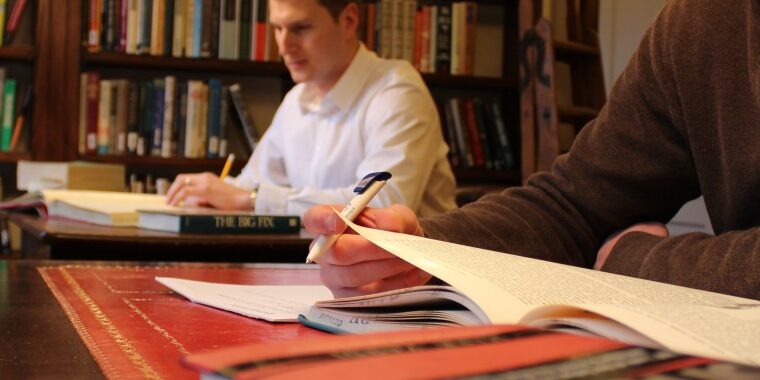Angus Tulloch on booms and busts in emerging markets
Mon 22 April 2024
View one of Scotland’s investment greats telling Charles Heenan about his career and the ups and downs of being a trailblazer in emerging markets.
On 3 December 1898, Pattisons’ Whisky, an established family blending business stopped payment just over two years after it had floated a minority of its share capital to the public.
The company’s minority shareholders and the receivers brought in to manage its affairs initially expected this to be a minor liquidity crisis of an otherwise robust business with valuable assets, which included parts of Glenfarclas and Aultmore distilleries, an Edinburgh brewery, and a number of bonded warehouses in prime Leith locations.
The company’s claims of over 50 years of operation as a major wine merchant, and the fact that its auditors had given it a clean bill of health only days before its stoppage supported this initial sense of optimism.
Very soon, however, the receivers found themselves facing a tangled web of false claims about the pedigree and assets of the business, together with substantial (and occasionally clever) accounting fraud that would eventually see the two Pattison brothers convicted in 1901.
View one of Scotland’s investment greats telling Charles Heenan about his career and the ups and downs of being a trailblazer in emerging markets.
Could we get a better panel to talk about banks? Iceland banking chronicler Jared Bibler, HBOS collapse expert Ray Perman and writer on RBS turmoil…
We’re delighted to share this video from our recent Weekend of Mistakes at Hay-on-Wye, a joint production between The Library Of Mistakes and Hay Castle…
The online version of our renowned course, is available for both finance professionals and nonprofessionals.
As featured in the Financial Times
In conjunction with Heriot-Watt University
